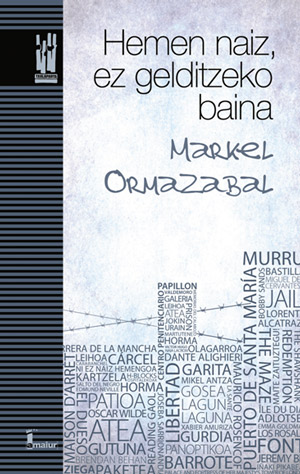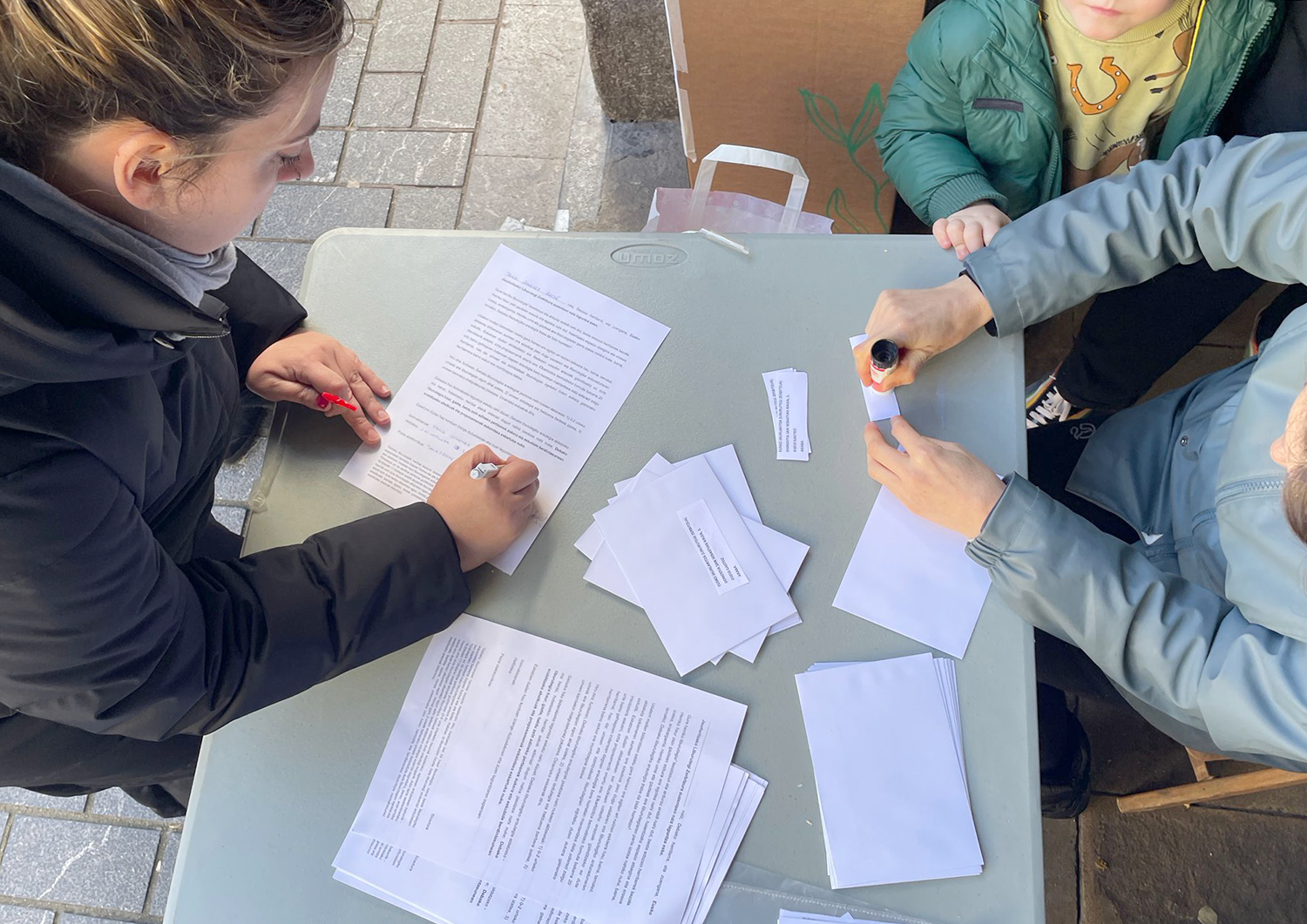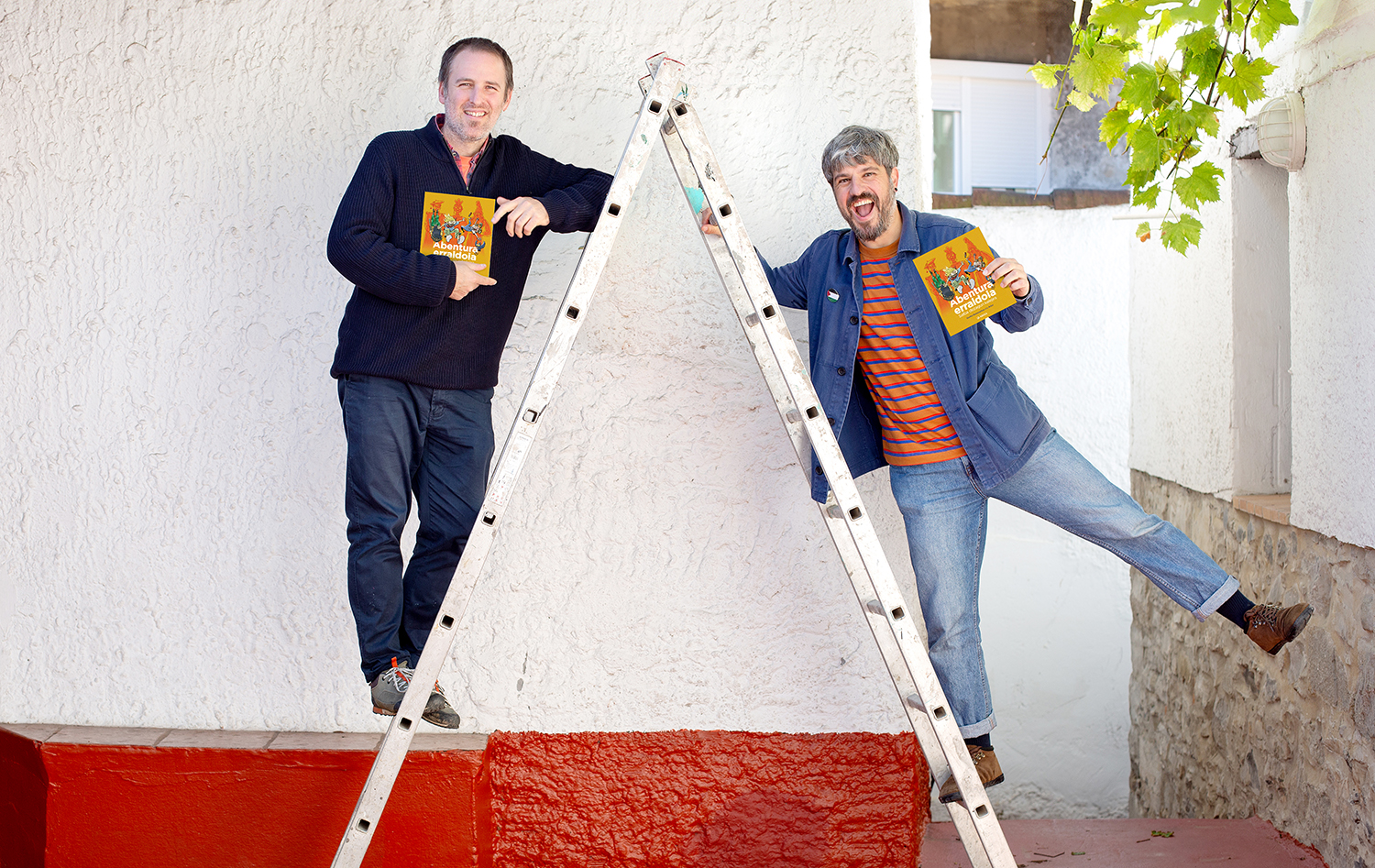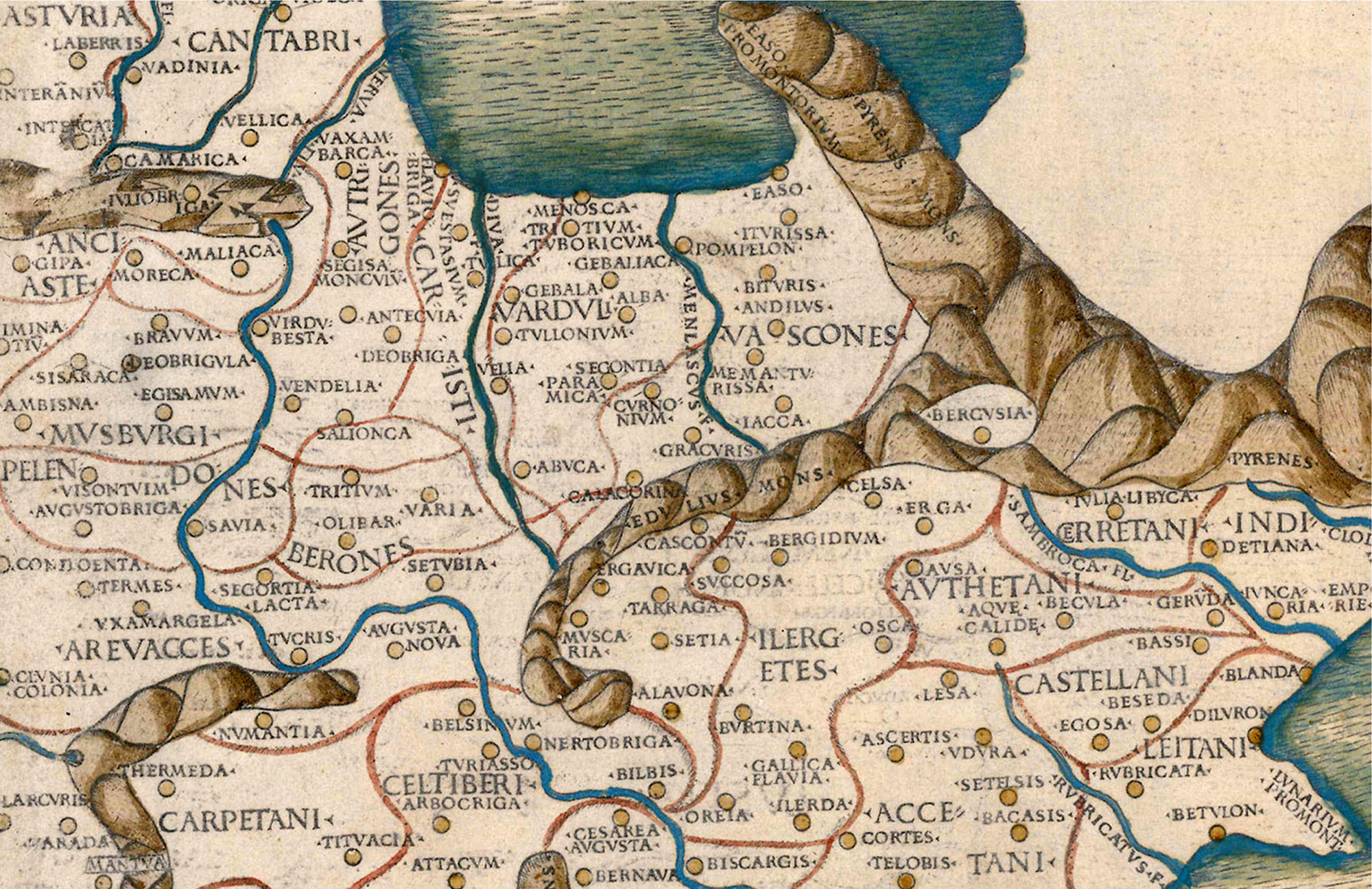
The chronicle of Markel Ormazabal prison begins with a ferocious reflection by Mitxel Sarasketa: “The prisoner’s mind always returns to jail (…) sometimes I miss the jail” 9.orrialdean. Those of us who have never been imprisoned – and I use the word prey in capital letters, unfortunately, because it is the expression of a collective’s memory – Sarasketa’s is a reflection that we cannot understand by far.
The title, based on a song by the Lisabö group, starts one of the most important problems that will emerge in the book: Hemen naiz, ez gelditu baina. In this world called a prison, which the former prisoner writer calls the blind angle of society, he has ripped away from language, name and being so that the human being does not stop. In other words, once the indispensable exercise of the person to be made to survive inside the prison has been carried out, the former prisoner faces the difficulty of initiating an inverse process: “And I still live that cartography. Condemned forever in the heart?” (page 11).
The short pieces smell of personal experiences and experiences “I have covered my mouth and now they are beats” (page 12), but the predominance of the discourse constructed in the memory of a collective; through the dungeons, passages, walls, windows and spatial references of all kinds, makes us witnesses of a process of total annulment of a incarcerated subject, “removing the t and n”, and a being for the other.
Here I am, even if the vein to stay does not look like a collage, I have detected three large sections that can be formulated in three questions: 1) How to make and move back to subject after being extracted from the name? 2) How do we make languages when it no longer serves us to explain the world? 3) How to move from the incarcerated to the penitentiary subject?
Open questions but no answer. The musical references collected can help us when adding melody to each beat. It can't be understood, it can be shared.
Party and recreation. Oral History of Rock Radical Vasco
Javier 'Jerry' Corral
Books, 2025
------------------------------------------------
Javier Corral ‘Jerry’ was a student of the first Journalism Promotion of the UPV, along with many other well-known names who have... [+]






















